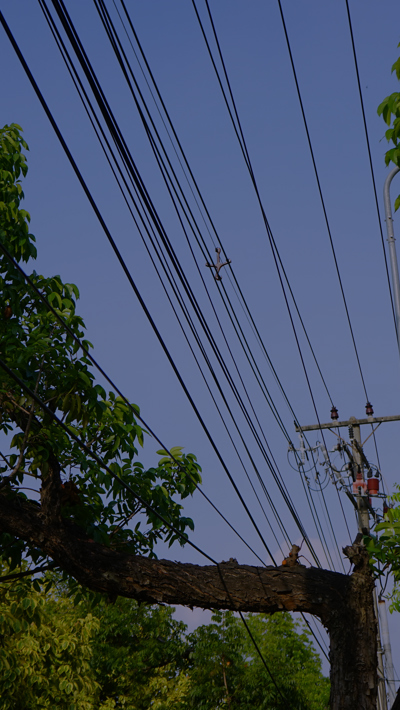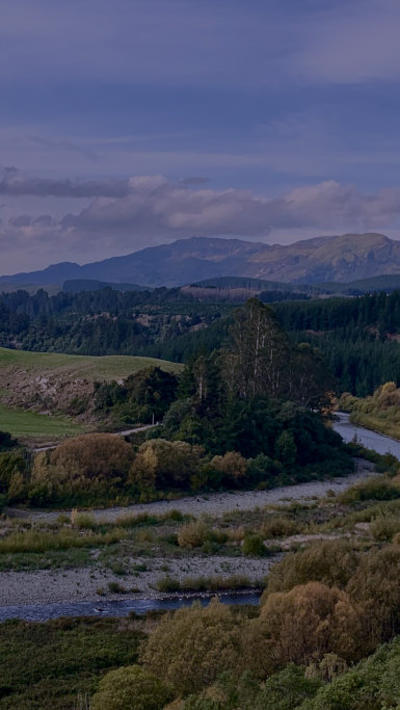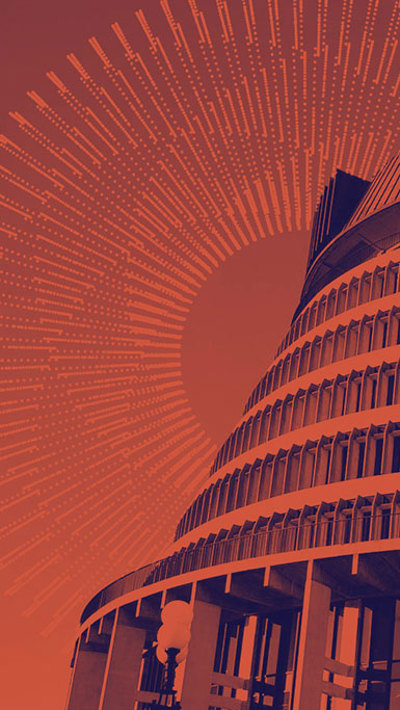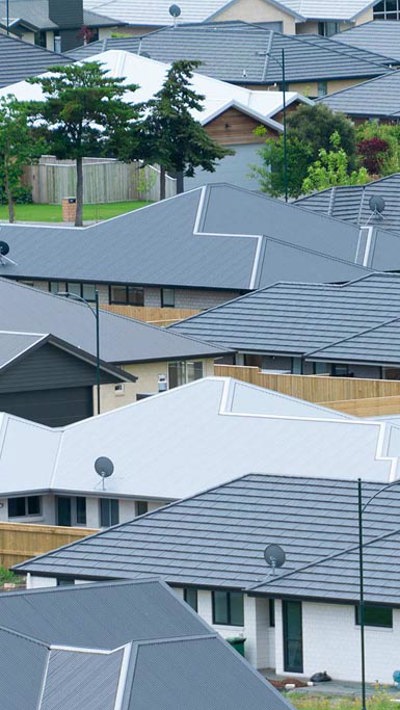Speak to our experts
Contents
Ground Cover is a regular publication tracking legislative and regulatory reform in resource management, climate change and local government law.
Some of the key highlights we touch on in this publication include updates on the RMA replacement and Three Waters projects, the proposed GPS on Housing and Urban Development, Upton’s prescription for sustainable tourism, the issues around the definition of wetlands in the NES-FW, the consultation of a 30 year infrastructure strategy, the Climate Change Commission’s final advice, the Government’s clean car package, the first two carbon auctions, and the local government review.
Contents
Resource Management
Climate Change
Local Government
Draft RMA replacement Bill first step on long march
The exposure draft of core sections of the Natural and Built Environments Bill (NBEA) will be the subject of a three month select committee inquiry, the Terms of Reference for which include coming up with specific recommendations to make the existing system less complex.
The deadline for submissions is 4 August, and the committee is to report back to the House by 18 October.
Environment Minister David Parker said the purpose of the inquiry was “to test and improve the contents of the Bill before it goes into the formal Parliamentary process”, expected next year.
Read our commentary here.
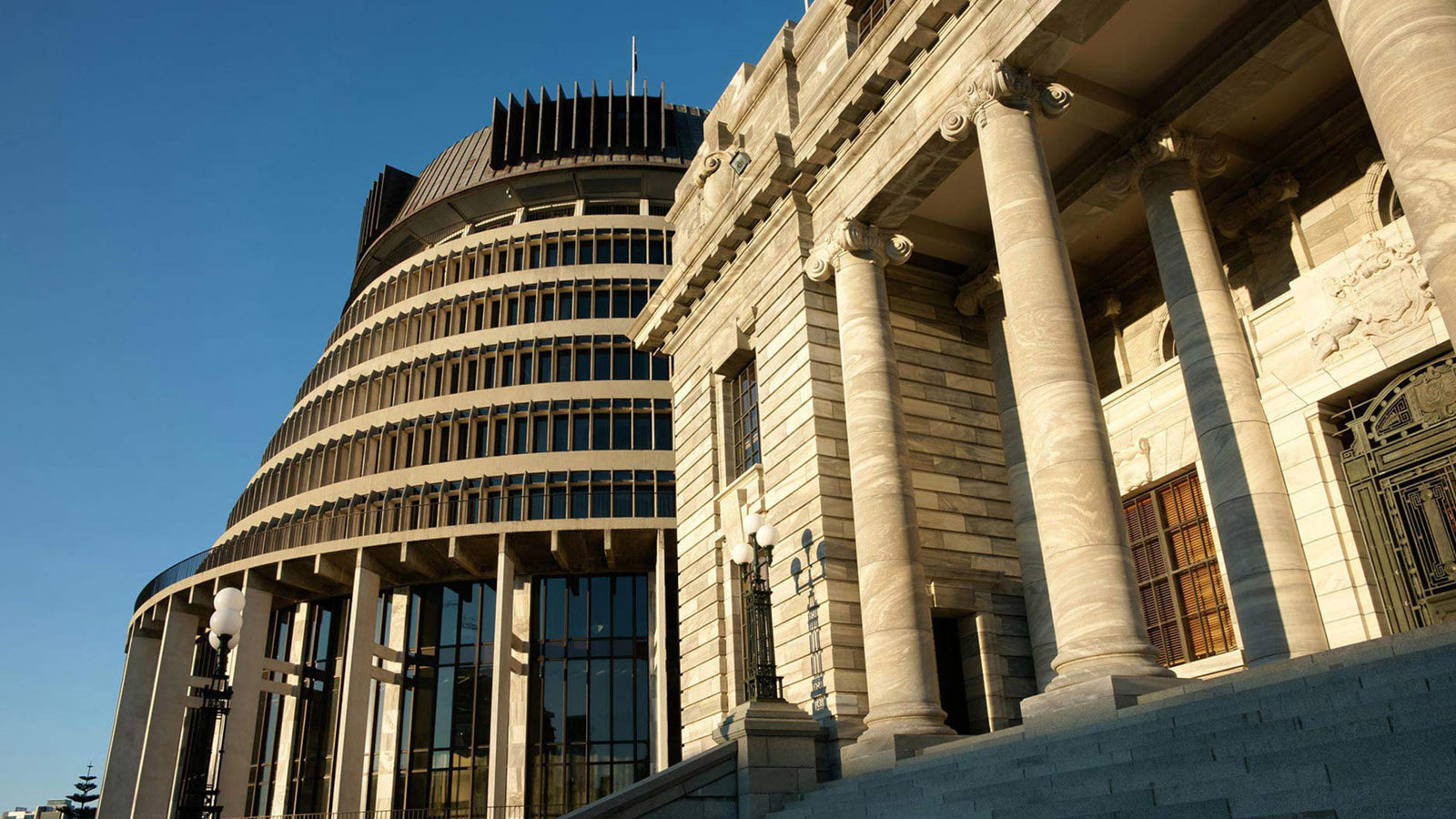
Budget allocation for RMA reform
Vote Environment got $131.8m in the budget toward the design, enactment, transition to, and initial implementation of the resource management system reforms through to mid-2024.
David Parker said the funding would allow the new regime to be delivered effectively, “something that did not happen when the original Resource Management Act was implemented”.
Specific problems he identified with the RMA’s execution were the lack of adequate Environment Court funding, the lack of standard formats for plans and the many years it took before use was made of instruments for national direction.
To learn more, read the statement.
Big numbers attached to Three Waters reform
The Government will base its Three Waters Programme around creating four, large, publicly-owned entities to take responsibility for the country’s three waters infrastructure.
Local Government Minister Nanaia Mahuta said this was the best way to ensure the required $120m to $185m of investment would be available.
Mahuta’s strong preference had been that New Zealand’s 67 councils would choose to stay in the new structure but if that was unlikely compulsion could be required.
The political ground had already been laid in a press statement on 2 June reporting a Deloitte analysis which estimated that full reform implementation would deliver a $14b to $23b increase in GDP, and support the creation of 5,900 to 9,300 jobs.
View Mahuta's statement on 30 June, Mahuta's statement on 2 June, and the Departmental briefing to the Minister.
Feedback sought on proposed GPS on Housing and Urban Development
The Government is seeking public input on a Government Policy Statement on Housing and Urban Development (GPS-HUD), to be published by 1 October. The GPS-HUD will shape future government policy, investment, and programmes of work. It would perform a similar function to the GPS on Land Transport, and would become a standing document, to be updated at least every three years.
Submissions close on 30 July.
View the online survey form.
Upton’s prescription for sustainable tourism
The Parliamentary Commissioner for the Environment, Simon Upton, has laid out a four plank policy to reduce the environmental damage caused by tourism:
- a departure tax to reflect the environmental cost of international flights, with the revenues going to the development of low carbon aviation technologies
- making any government support for tourism infrastructure contingent on environmental criteria
- clarifying and, if necessary, strengthening, the Department of Conservation’s (DOC) tools to address the loss of wildness and natural quiet on the DOC estate, and
- introducing stronger requirements around self-contained freedom camping.
The Ministers of Tourism and Conservation, Stuart Nash and Kiritapu Allan, said the report “joins a chorus of analysis which has established that previous settings, which prioritised volume over value, are not sustainable” and “sits alongside a raft of other advice received and commissioned as part of the COVID recovery and rebuild”.
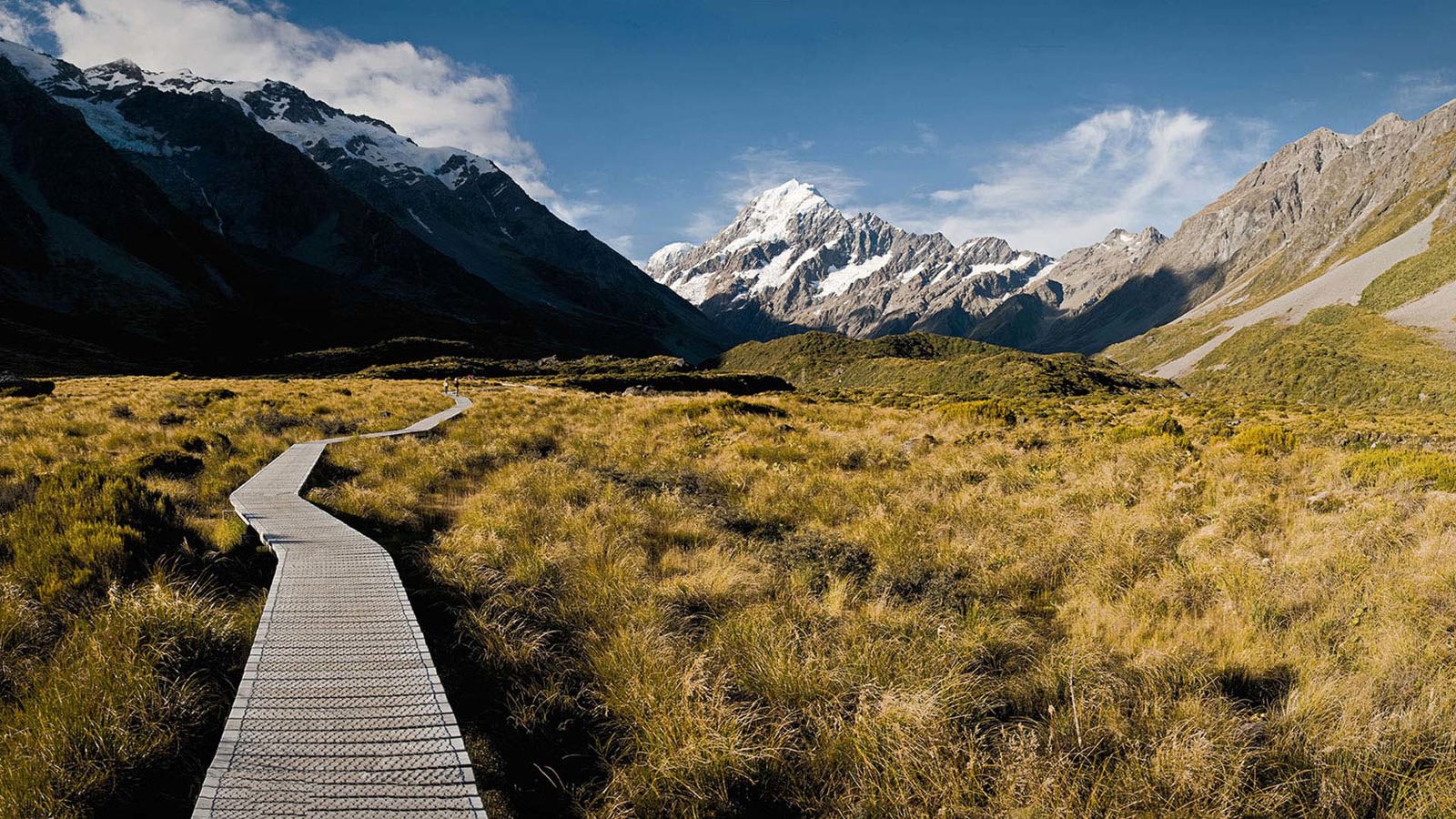
Wetland treatment messy in NES-FW
David Parker has conceded that the definition of wetlands in the National Environmental Standards for Freshwater (NES-FW) is too broad, but says the problem will not be easily fixed as it will have to follow processes set down in the Resource Management Act.
Farmers secure more concessions
The Government has again softened its environmental protection regime to give more time to farmers in exchange for a promise of voluntary action.
The Intensive Winter Grazing (IWG) regulations will be deferred for a year to May 2022 but no extension of IWG will be permitted and farmers must implement immediate improvements to their current practices.
Environment Minister David Parker has asked local government to monitor the on-farm situation and provide him with quarterly progress reports.
To learn more, read the statement.
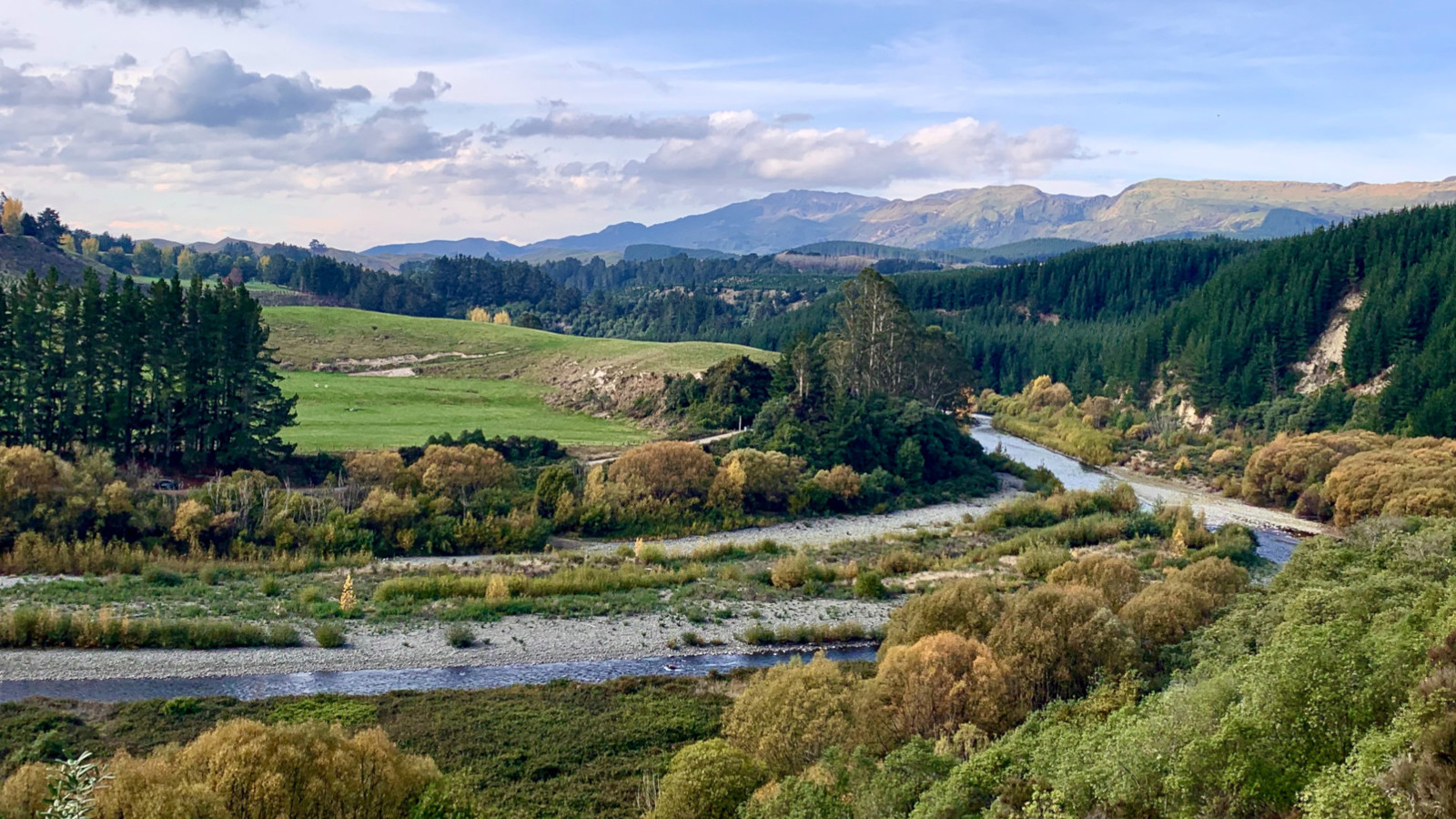
Environment struggling under population pressure
Our Land 2021 – a joint StatsNZ/Ministry for the Environment publication – paints a picture of an environment struggling under population pressure. Among its findings are:
- a rise in urban land cover between 1996 and 2018 of 14.6%
- an increase in dairy cattle numbers of 82% between 1990 and 2019
- a reduction in the highly productive land available for food production (because it’s converted to residential/lifestyle use) of 54% from 2002 to 2019
- a 91% increase in irrigated land between 2002 and 2019, and
- an estimated increase in nitrogen applied to the land in fertiliser of 629% between 1991 and 2019.
Read Our Land 2021 here.
Consultation on an infrastructure strategy for New Zealand
NZ Infrastructure Commission Te Waihanga has put out a 175-page discussion document to feed into the development of a new 30-year infrastructure strategy for New Zealand. In our view, the circumstances are right to deliver meaningful change.
The need for a massive investment in infrastructure and the importance of a coordinated response are well-understood, and there are a number of complementary workstreams already in play – in particular the public health restructure, the impending climate change budgets, the local government review, the Three Waters programme and the rewrite of New Zealand’s resource management law.
Submissions closed on 24 June, and will be used to finalise a draft report to go to Infrastructure Minister Grant Robertson in September this year. The work to date reflects the Commission’s engagement over the past year with representatives of local and central government, private sector infrastructure providers and the general public.
The Commission has also released state of play sector reports on the water, telecommunications, energy, resource recovery and waste, education, transport and health sectors.
Read the consultation paper, our commentary, and the sector reports.
Tough line on problem plastics
The Government has set a July 2025 deadline for phasing out all hard-to-recycle and some single-use plastics. On the list are:
- food and drink packaging made from PVC and polystyrene and some degradable plastic products (e.g. oxo and photo degradable), and
- single-use plastic items, including drink stirrers, cotton buds, single-use produce bags, cutlery, plates and bowls, straws and fruit labels.
Minister David Parker said there was also strong public support for taking action on coffee cups wet wipes and that the Government would consult with industry on how this might best be achieved with a view to making a decision in 2022.
Read the statement.
Climate Change Commission – ‘start now and keep going’
The Climate Change Commission’s final advice to the Government, released on 9 June, is that New Zealand can achieve its 2050 net zero emissions target, but only if we get started now and keep going.
The Commission calculates that the transition will reduce GDP by around 0.5% in 2035 and 1.2% in 2050. It calculates the cost of inaction at 1% and 2.3% respectively.
This message seems to have been taken on board by the Government which has until the end of the year to develop an Emissions Reduction Plan (ERP) for presentation to Parliament. Climate Change Minister James Shaw said over 30 government departments were working on different aspects of the ERP and that he expected policies would be set by October.
Read our commentary here.
Clean car package
Within a week of the release of the Climate Change Commission’s advice, the Government announced a Clean Car Discount from 1 July of up to $8,625 for new electric vehicles (EVs) and plug-in hybrids, and up to $3,450 for used imports.
The rebates, which are generous by international comparison, are available only on cars under $80,000 and safer models.
The other half of the policy, the “levies” on higher emitting vehicles, will not begin until 1 January 2022, at which time the Clean Car Discounts will be expanded to low emission petrol cars. The Government is still finalising the exact levy rates with a decision due before the end of the year.
EV chargers are now available every 75km along most state highways.
The Government has also opened consultations on a new sustainable biofuels mandate that would require all fuel suppliers to:
- reduce greenhouse gas emissions from transport fuels (including domestic aviation fuel) by a defined percentage each year, to be set at the same time as the five yearly emissions budgets under the Zero Carbon Act, and
- prepare annual reports to demonstrate compliance.
Biofuel producers would also be required to meet sustainability criteria certifying that food production and indigenous biodiversity would not be put at risk.
Submissions close on 26 July.
On 6 July, the Government sweetened the EV deal further by extending the exemption from Road User Charges to 31 March 2024.
To learn more, read the statement and consultation paper.
Budget allocations for climate change
Climate Change Minister James Shaw’s biggest win from Budget 2021 was the commitment to put the revenues from the Emissions Trading Scheme (ETS) toward the implementation of the Emissions Reduction Plan, which the Government must publish before the end of this year.
Shaw described it as “a game-changer that is forecast to provide more than $3b of investment over the next five years”. (In this context, it is worth noting that the second auction, held in late June, raised almost $200m).
Other budget allocations were:
- $300m to accelerate investment in low carbon technology
- $67.4m for the Carbon Neutral Government Programme
- $19.7m to support the Government’s response to the Climate Change Commission’s final advice, and
- the $300m boost to New Zealand Green Investment Finance Ltd.
Also relevant, although delivered through Damien O’Connor and Vote Agriculture, was around $62m to help farmers address their on-farm emissions.

Inaugural auction an ETS milestone
The first auction of emissions allowances under the ETS took place on 17 March 2021 and was oversubscribed, with 40 participants buying 4.75m units at $36 a unit.
Five days ahead of the auction, the Climate Change Response (Auction Price) Amendment Act received the royal assent after being pushed through Parliament under urgency. The Bill allows the Government to set a confidential reserve price for auctions to prevent units being sold significantly below the prevailing secondary market price.
In the second auction held in June, the unit price was $41.70, almost $5 higher than in March, and all units on offer were sold, raising almost $200m for the Government.
To find out more, read the auction statement and Bill.
Budget decarbonisation boost
Budget 2021 delivered an additional $67.4m to support the transition to a carbon neutral public sector by 2025.
The allocation, announced in the weekend before the budget for maximum impact, included a $19.5m boost to the $200m State Sector Decarbonisation Fund (the Fund) and $41.8m to lease low emissions vehicles.
This followed an announcement the previous week from Climate Minister James Shaw that he had siphoned $13.1m from the Fund to buy 422 new electric vehicles and charging infrastructure. The big winner was the Department of Conservation which got $5.1m.
Read the statement.

Climate change “consensus” ruptured?
National’s Climate Change spokesperson Stuart Smith wrote to Climate Change Minister James Shaw in April requesting that the Climate Change Commission’s deadline to provide its final advice to the Government be extended from 31 May to 31 August.
Smith indicated that a failure to agree to this extension could preclude National from supporting the first climate change budgets, shattering the fragile consensus obtained under Simon Bridge’s leadership when Todd Muller held the shadow climate change portfolio.
National also made a submission on the Commission’s draft advice in which it said the Commission needed more time to address issues raised by submitters, including providing more analysis to support the “over 70” policy recommendations it had made and releasing the information behind its economic modelling and its input assumptions.
Read the National Party’s statement and the submission.
MoT looks to net zero transport emissions by 2050
The Ministry of Transport (MoT) has produced a Green Paper to feed into the development of a 10-15 year action plan to decarbonise the transport sector. At the top left hand corner of each page it states, "NOT GOVERNMENT POLICY".
The Paper identifies opportunities across three broad themes.
- Changing the way we travel – integrating land use planning to encourage compact mixed use urban development, while providing better transport options.
- Improving our passenger vehicles – decarbonising the light vehicle fleet, moving to “cleaner” public vehicles and aviation technologies.
- Supporting a more efficient freight system – improving the efficiency of supply chains, shifting to low emissions models and improving the fuel efficiency and carbon intensity of freight modes and fuels – including biofuels, electrification and/or green hydrogen.
Submissions closed on 25 June.
Read the Green Paper.
Water Services Board appointed
One of New Zealand’s most senior and experienced public servants, Dame Karen Poutasi, will chair the inaugural Board of Water Services regulator Taumata Arowai. Dame Karen is a former Director General of Health and was on the inquiry panel into the Havelock North drinking water contamination.
She is currently serving as Commissioner of Waikato District Health Board and Chair of the COVID-19 Vaccination and Immunisation Governance Group.
Other Board members are Troy Brickbank, Riki Ellison, Brian Hanna, Dr Virginia Hope, Loretta Lovell, and Anthony Wilson.
To learn more, see the announcement.
Local Government review
The Government has appointed an independent review, to be led by former Waimakariri District Council Chief Executive Jim Palmer, into how local government needs to evolve over the next 30 years.
Announcing the move, Minister Nanaia Mahuta said councils were facing a “wave of reforms” that would significantly affect their traditional roles and functions – a reference, presumably, to the Three Waters Programme, the pending Resource Management Act rewrite and the response to climate change. Mahuta said:
They have told us the timing is right to determine what our system of local democracy should look like to make sure it is fit for the future, and I agree.
The review’s final recommendations are due with the Government in April 2023 following an interim report on the probable reform direction in September this year and a draft for public consultation in September 2022.
The sector was last comprehensively reviewed in 1989, when more than 800 local bodies were amalgamated into 86 local authorities.
Other panel members are: John Ombler, Antoine Coffin, Gael Surgenor and Penny Hulse.
View the announcement.

Government housing package plays to mixed reviews
The Government’s long-promised housing package, delivered on 23 March, played to mixed reviews. Concerns were that it might push up rents and that it is unlikely to have much effect on housing or land supply.
Elements include:
- higher income and house price caps for first home owners (although the increases go nowhere near offsetting house price inflation)
- doubling the brightline test to 10 years and removing interest rate deductibility (except for new builds) for new investors, phasing it out for existing investors
- boosting supply by supporting Kāinga Ora to borrow $2b to scale up land acquisition for housing, and
- a $3.8b Housing Acceleration Fund to assist local government infrastructure development.
To learn more, read the information sheet.
Speak to our experts
Our national Environmental, Planning and Resource Management team offers market leading expertise and a seamless service for all your commercial projects, land use, infrastructure development and consenting needs.
 Catherine Somerville-Frost, Partner
Catherine Somerville-Frost, Partner
 Paula Brosnahan, Partner
Paula Brosnahan, Partner
 Ben Williams, Partner
Ben Williams, Partner
































